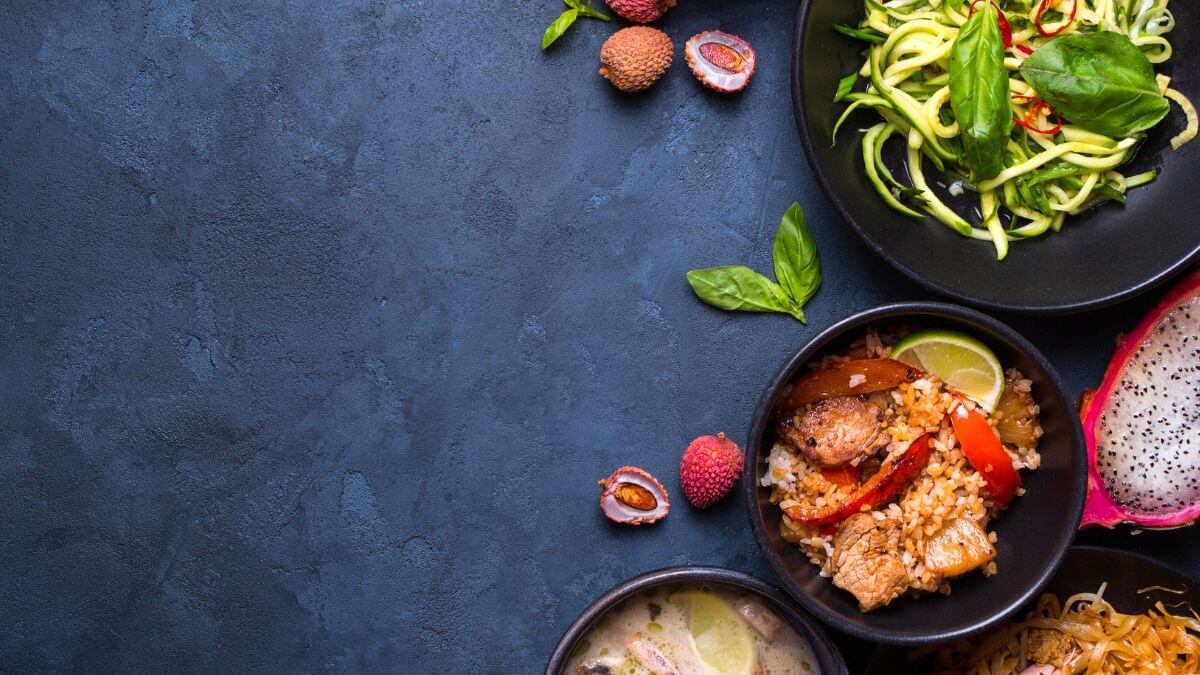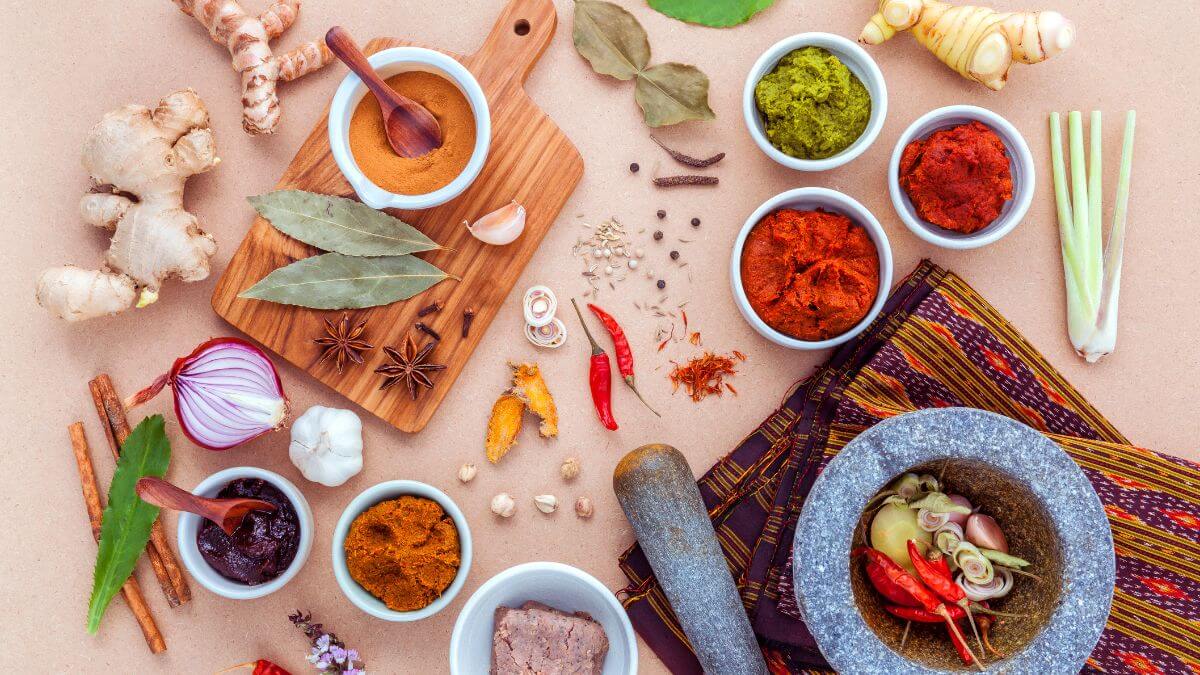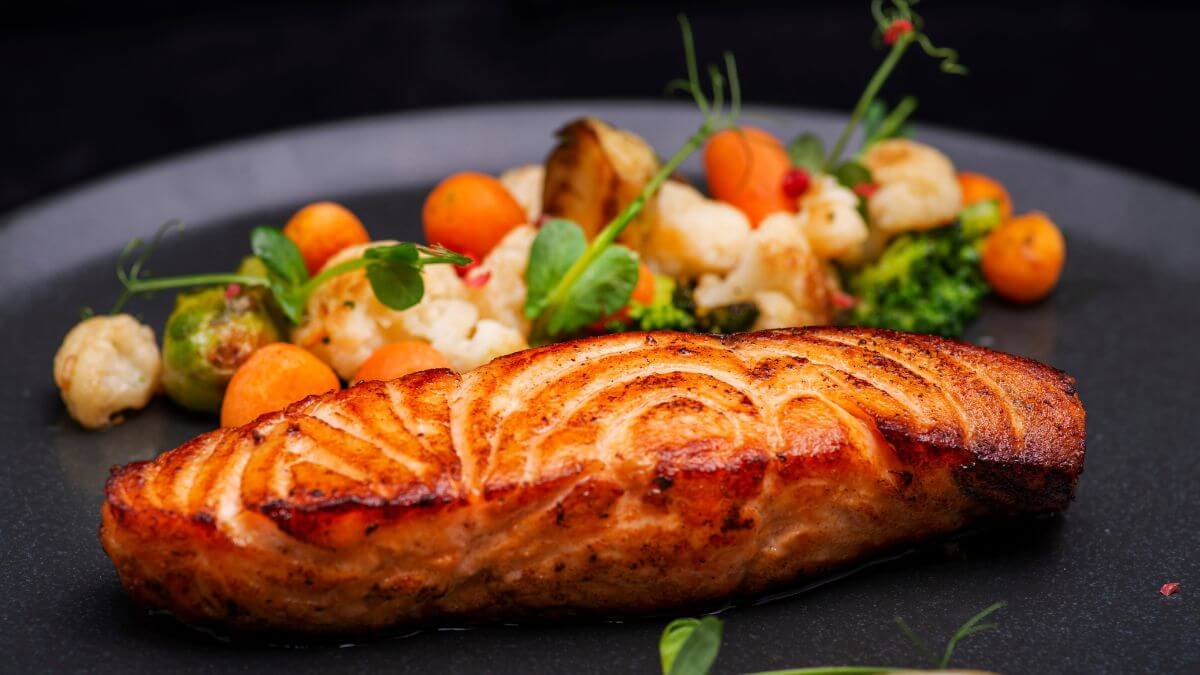Diet for Muay Thai: Embarking on a comprehensive and effective Muay Thai training journey goes hand in hand with embracing a well-rounded approach to nutrition. It’s the key to maintaining peak performance and realizing your fitness objectives. This is particularly crucial for fighters striving to adhere to their specific weight class. Delve into the following tips to craft a meticulously tailored Muay Thai diet plan that aligns seamlessly with your training and performance goals.
Table of Contents
Thai Boxing Diet – Optimal Nutrition & Diet for Muay Thai
Discover a spectrum of four meticulously crafted diet plans tailored for your martial arts journey. Your choice of the ideal Muay Thai nutrition plan hinges on your unique targets and aspirations. It’s crucial to note that these diet plans serve as broad outlines and suggestions. Every fighter is distinct, and the quest for the optimal diet plan is a personalized journey that demands exploration and customization. Embrace the freedom to refine and sculpt a nutrition strategy that perfectly aligns with your individual needs and objectives on your path to mastery in Muay Thai.
General Knowledge About Thai Boxing Diet
In the realm of Thai boxing and other martial arts, nurturing your body with proper nutrition stands as a cornerstone of optimal performance. The guiding principles outlined below are fundamental to all Muay Thai diet plans and warrant unwavering attention:
- Steer Clear of Unhealthy Animal Fats: Bid farewell to unhealthy fats derived from animals whenever possible. An exception lies in the inclusion of healthy Omega-3, found abundantly in fish, a valuable addition to your nutritional repertoire.
- Eliminate Sugar Intake: Banish sugar from your dietary choices. Indulgences like chocolate, cola, and other sweets should be off-limits. An exception can be made for fructose, enjoyed in moderation for a touch of sweetness.
- Ditch Wheat Products: Eschew wheat products, making them a rarity in your diet. Opt for whole grain bread over its white counterpart to harness the nutritional benefits of wholesome grains.
- Say No to Fried Foods: As enticing as fried foods may be, it’s paramount to avoid them. Acknowledge the inherent health risks associated with fried and greasy fare, and opt for healthier alternatives to fuel your body effectively.

Thai Boxing Diet for Athletes in Thailand
For fighters training in Thailand, meticulous attention to diet is less imperative, thanks to the inherently well-balanced, low-fat, and highly nutritious nature of regular Thai cuisine. However, it’s advisable to steer clear of foods that incorporate fried components.
Here’s a list of unquestionably suitable foods: rice, beef, fish, chicken, various vegetables, Thai curries, and more.
Between meals, opt for fresh fruits or vegetables as snacks. Additionally, indulge in healthy and moderate quantities of fresh juices or fruit shakes for added nutritional benefits. If you buy fruit shakes or juices at the market, ask for less or no sugar, as many Thais love to add sugar!
Muay Thai Diet Plan in Thailand
Consume a meal 1-2 hours before your morning training session or wait until after your workout to eat. If you opt for post-training nutrition, consider having a glass of warm water before your running session. Following your training, prioritize rehydration by incorporating a replenishing drink to maintain a healthy mineral balance.
In the morning:
- One glass of juice, water or milk
- 1 typical Thai rice dish or oatmeal
- 1 apple
Lunch:
- Water in adequate quantity
- Thai rice dish with meat such as beef or chicken
- Vegetables
In the evening:
- Water in adequate quantity or rehydration drink.
- Fish or meat dish with rice and vegetables
- Supplements such as protein shake or magnesium, calcium, and vitamin C.
When training at a camp in Thailand, your diet is automatically geared towards health. The local coaches are well-versed in providing the best nutrition for fighters. Nevertheless, you can enhance your diet by incorporating some supplements:
- Rehydration drink -> mineral balance
- Magnesium and calcium -> Good for bones and muscles
- Vitamin C -> Good for the immune system
- Protein powder -> Optimal supply of important proteins to protect the muscles
- Power bar -> Extra Boost
You’ll likely notice that only a few Thai boxers rely on supplements to complement their diet. This is partly because Thai food culture is inherently nutritious, and additionally, financial considerations play a role in this decision.

Thai Boxing Diet for Athletes in Western Countries
Maintaining a consistently healthy diet in the Western hemisphere can be challenging, given the numerous daily temptations. Moreover, Western food tends to lack the balance and nutritional richness found in Thai cuisine. To assist you, we have assembled a basic Muay Thai training diet plan.
Muay Thai Diet Plan in Western Hemisphere (at home)
Note: Ensure there is a gap of 1-2 hours between your meals and training sessions.
In the morning:
- One glass of juice, water or milk
- 1 oatmeal, cereal, power flakes or whole meal bread
- 1 apple
Nutrition supplements such as vitamin C, calcium, magnesium.
Lunch:
- Water in adequate quantity
- 1 balanced meal low in animal fats: rice with chicken, fish or beef. Vegetable dishes. Don’t eat fried foods!
- 1 yogurt
In between: protein bars and energy bars.
In the evening:
- Water in adequate quantity or rehydration drink.
- Fish or meat dish with rice and vegetables
- Supplements such as protein shake or magnesium, calcium, and vitamin C.
Generally, it’s advisable to steer clear of oily and fried foods. Healthy fats derived from fish dishes, on the other hand, are entirely acceptable. To complement your diet, consider incorporating nutritional supplements as outlined below.

Thai Boxing Diet Plan for Weight Loss or Weight Gain
In combat training, there may be a need to either gain or lose weight. You are the best judge of your body and how much is suitable for you. If you aim to gain weight, increase your intake, focusing on carbohydrate-rich foods. However, it’s crucial to avoid animal fats.
For weight loss, a reduction in food intake is necessary. Cutting back on rice and other carbohydrates can be beneficial, but keep in mind that your body converts carbohydrates into energy. It’s essential to determine your optimal daily requirements, and your coach can certainly assist you in this regard.
You can enjoy the following foods throughout the day, no matter if you want to lose or gain weight:
Raw foods such as vegetables, meat, water, and fruits in appropriate quantities, with a preference for berries and melons.

Enhancing Your Combat Sports Diet: The Role of Nutrition Supplements
Here is a comprehensive guide outlining the supplements that can significantly enhance the effectiveness of your training routine.
- Rehydration drinks* – also a good idea to take them to Thailand!
- Vitamin C*
- Vitamin D3*
- Magnesium*
- Calcium -> Shin Conditioning
- Power / Protein Bars* (carbohydrates)
- Omega 3 capsules*
- Protein products like shakes, yoghurts and protein bars* – also a good idea to take to Thailand… it can be very expensive there!
Explore an in-depth article on the use of dietary supplements in the martial arts by clicking here.
Consider this Muay Thai diet plan as a flexible blueprint, recognizing that each individual organism is unique. Your quest for the ideal diet is a personal journey, and customization is key. Experiment, listen to your body, and fine-tune your nutrition strategy accordingly. The insights provided above serve as valuable tools to make this exploration smoother and more informed, facilitating your journey toward optimal health and performance in the world of Muay Thai.
Do you have any tips or recommendations regarding Thai boxing diet? Just leave a comment below!




